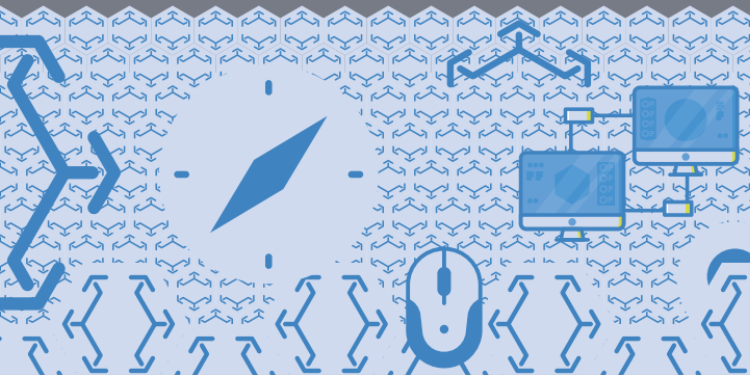12 ICOAF: Impact of COVID-19 on Ombuds Institutions for the Armed Forces
Since its first meeting in Berlin in 2009, EUROMIL participates at the yearly meetings of the International Conference of Ombuds Institutions for the Armed Forces (ICOAF). Among the participants, EUROMIL is one of the rare participants not being an Ombuds Institution.
Due to the ongoing pandemic, the 12th ICOAF planned for this year in Vienna (Austria), was held entirely online from 26-30 October 2020. EUROMIL actively participated in the discussions, among others with President Emmanuel Jacob being a panellist in one of the sessions in which he presented the recently adopted “EUROMIL Recommendations on Handling the COVID-19 Pandemic in the Armed Forces”.
COVID-19: the armed forces and the Ombuds Institutions
The COVID-19 pandemic has affected the world severely, causing the introduction of a range of measures on global and national levels to suppress it. COVID-19 has an overwhelming impact on both the functioning of the states and daily lives of people. Governmental responses have consisted of a variety of exceptional legal, organisational, and practical measures to fight COVID-19, with a huge impact on the lives, well-being and rights of not only citizens at large, but also of armed forces personnel who were tasked with important functions in addressing the pandemic. 12ICOAF was devoted to assessing the impact of COVID-19 on not only ombuds institutions, but also on society, and the armed forces. In the majority of countries, armed forces have been called upon to assist civilian authorities in tackling this public health emergency, exposing them to new and often unusual tasks in a fast-changing environment, but also a higher risk of infection. Facing this trend, ombuds institutions need to reflect on their practices and adapt their work to guarantee the protection of the rights of armed forces personnel during and after COVID-19, as well as the rights of citizens impacted by the activities of the armed forces.
12ICOAF
The 2020 conference examined ways in which ombuds institutions can respond to the challenges posed by COVID-19 and the impact on Ombuds Institutions for the armed forces. The participants had the opportunity to compare notes and identify good practices related to how COVID-19 has influenced complaints, both in terms of their dynamics and handling procedures. Special attention was given to working methods, from interviews, correspondence (oral and written), as well as other information gathered formally or informally. Responding to the continuing interest of ICOAF participants in different dimensions of fieldwork, 12ICOAF devoted a separate session to in-country and overseas field visits. Finally, 12ICOAF also considered important changes in the organisational and logistical aspects of ombuds institutions’ work, in terms of office hours, remote work, video conferencing, different ways of communicating with complainants, and similar.
If the COVID-19 measures allow it by then, the 13ICOAF will take place in Sydney (Australia) in October 2021. Meanwhile, the necessary preparations are being made for both a face-to-face meeting and a repeat of the 2020 scenario by video conference.
The documentation is available here: Session 1 summary, Presentation EUROMIL, Session 2 summary, Session 3 summary, Session 4 summary and conference statement.

